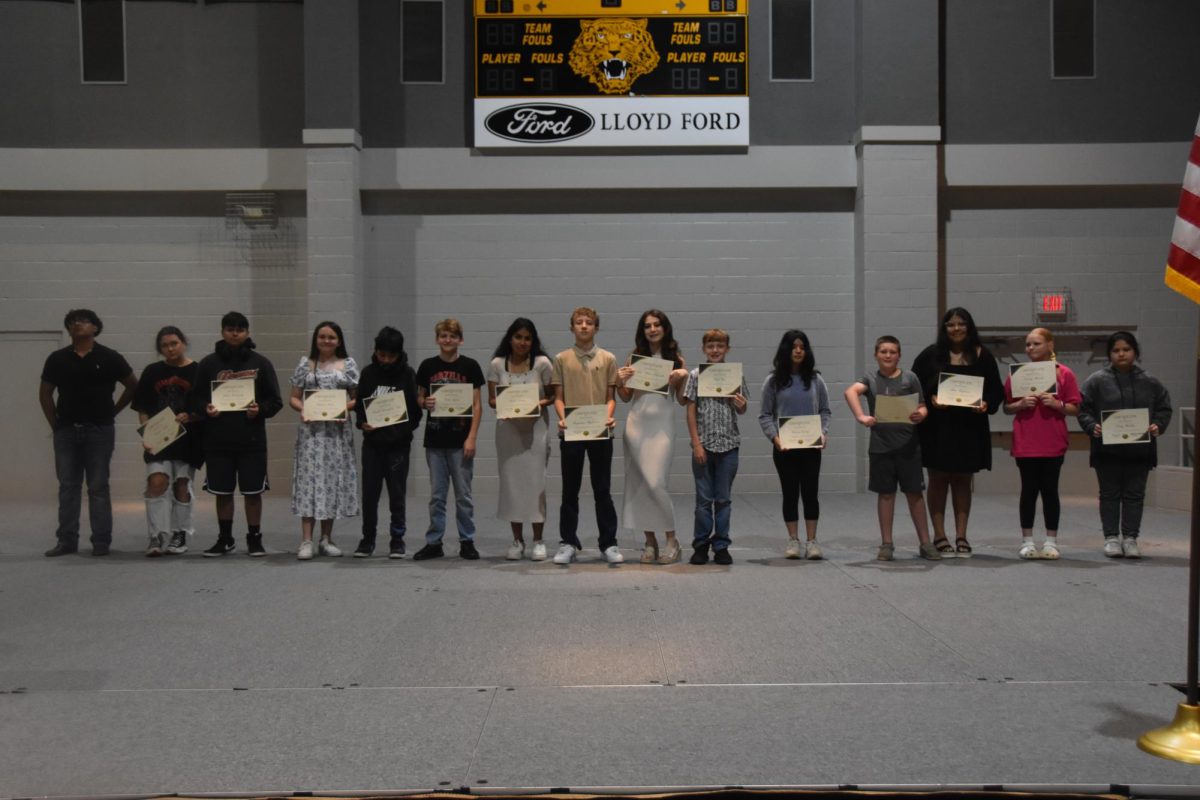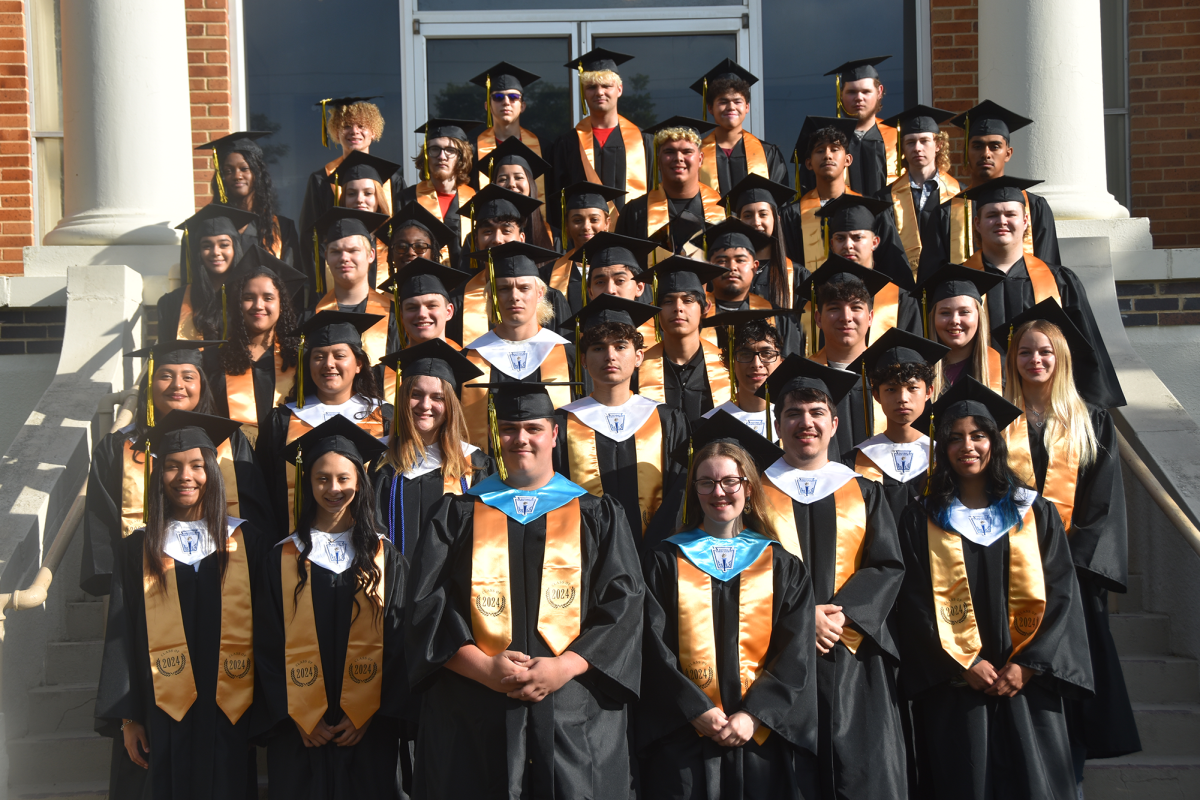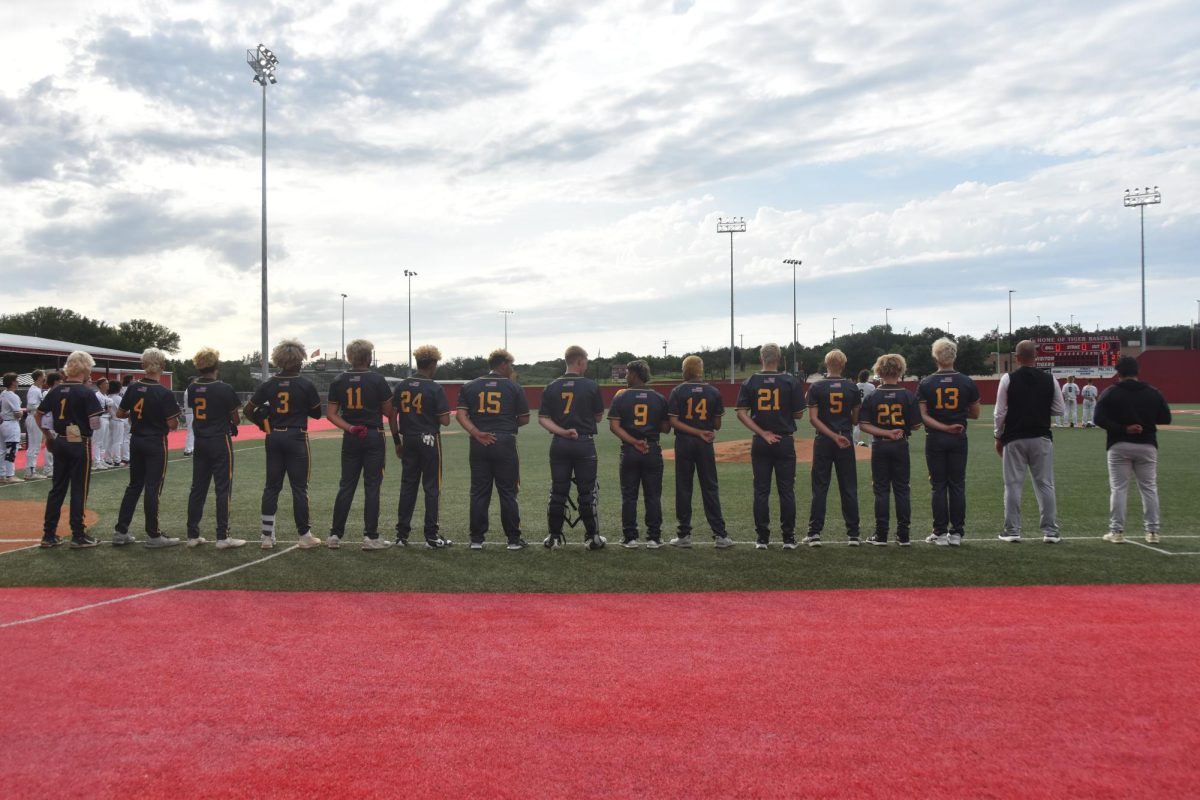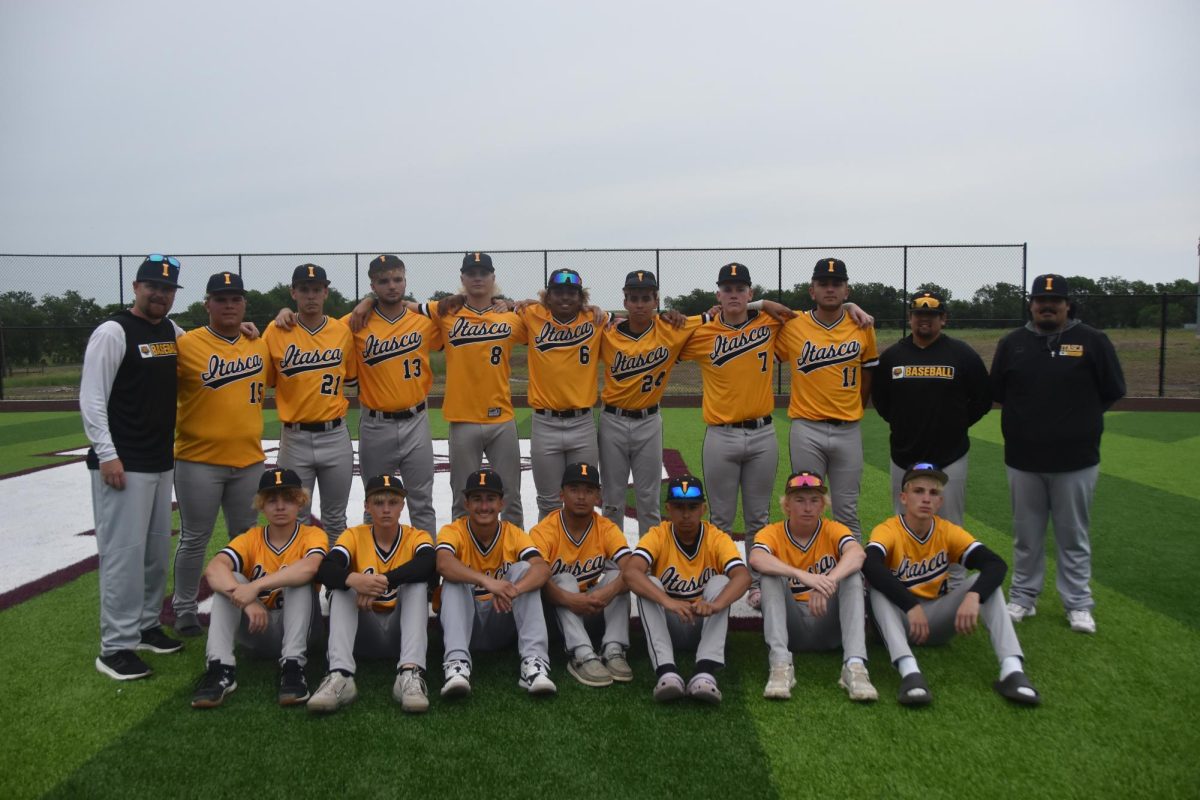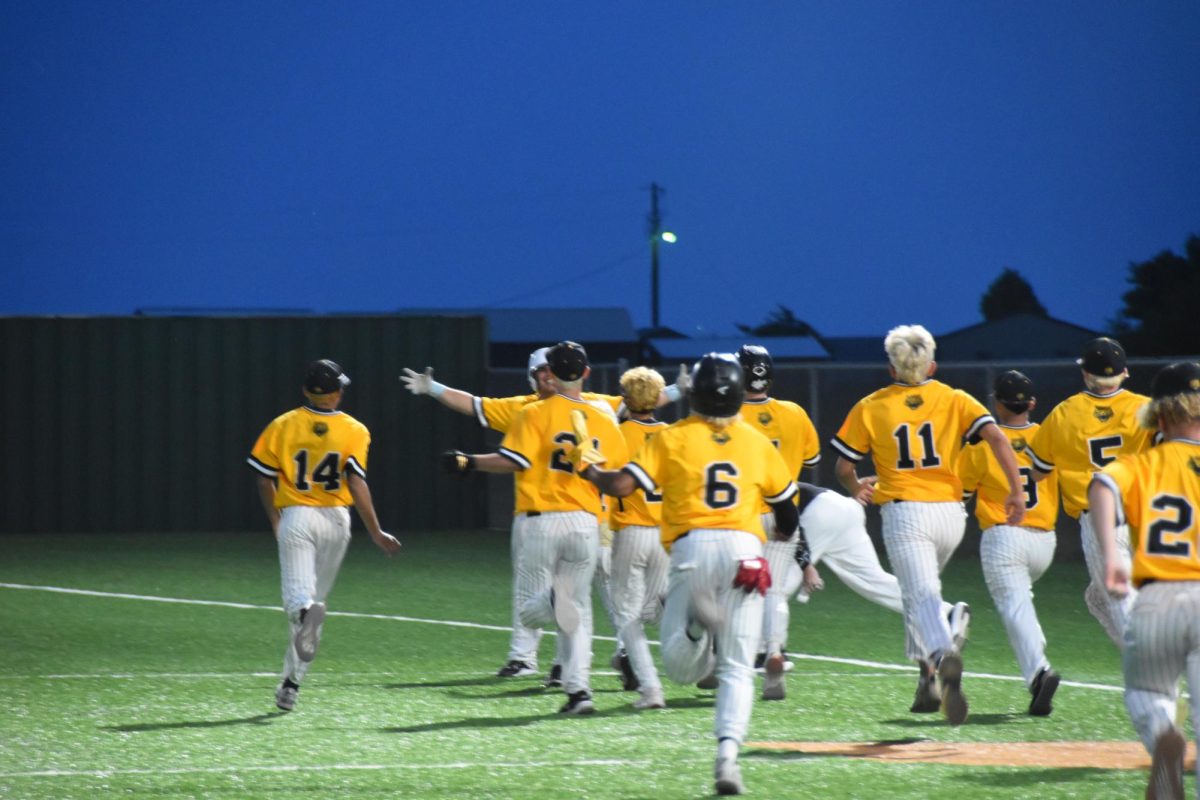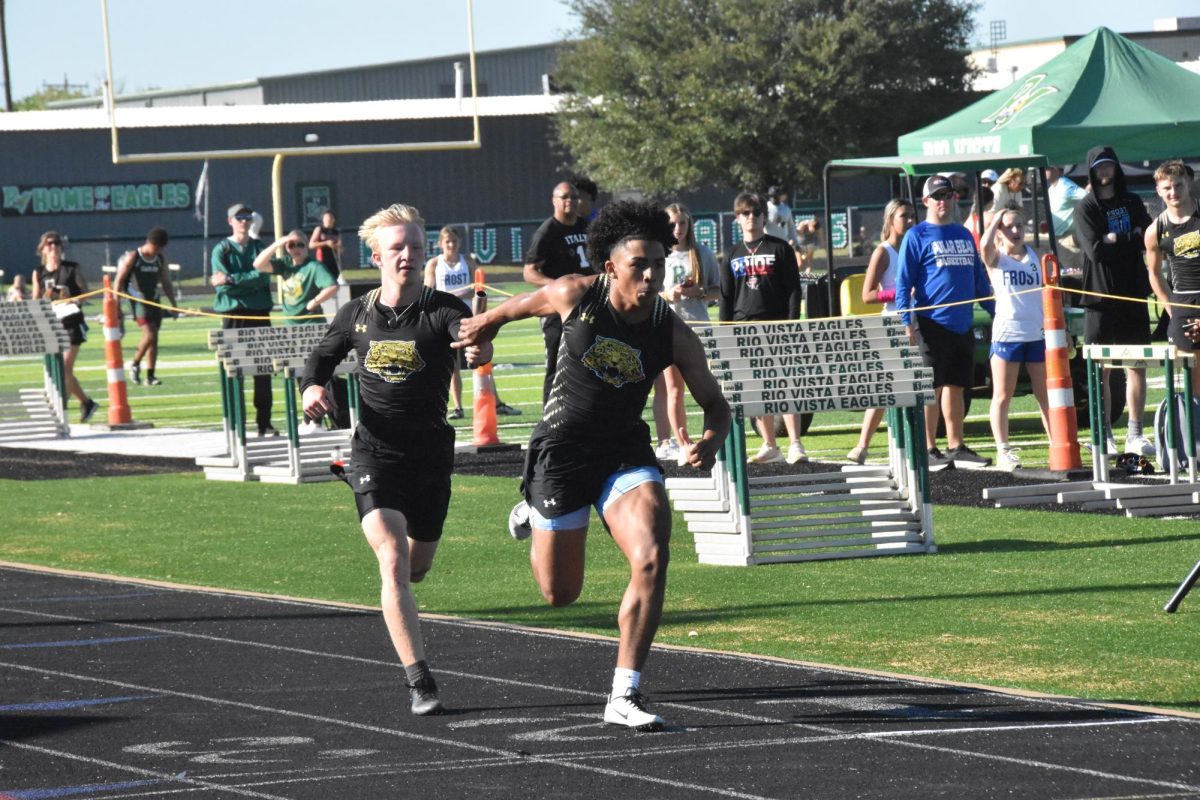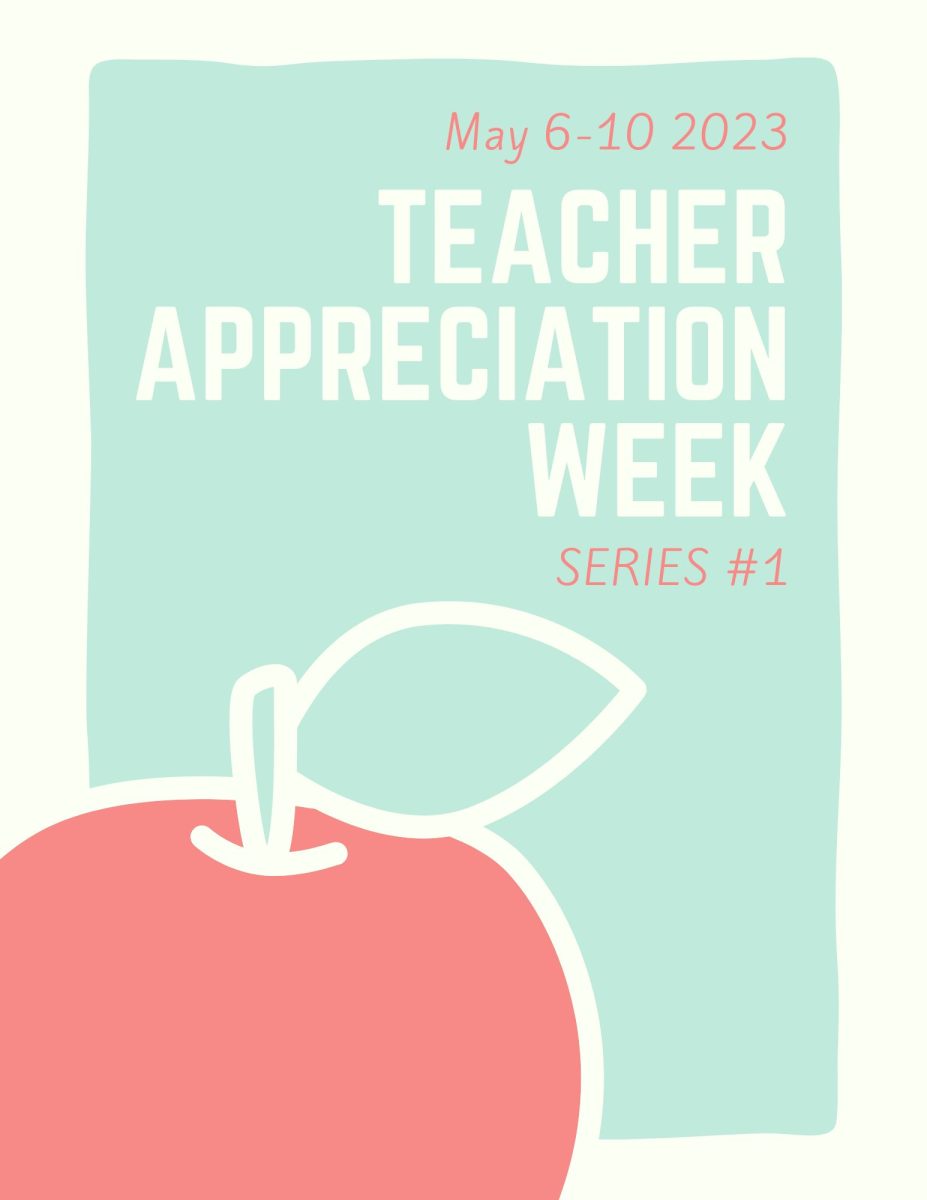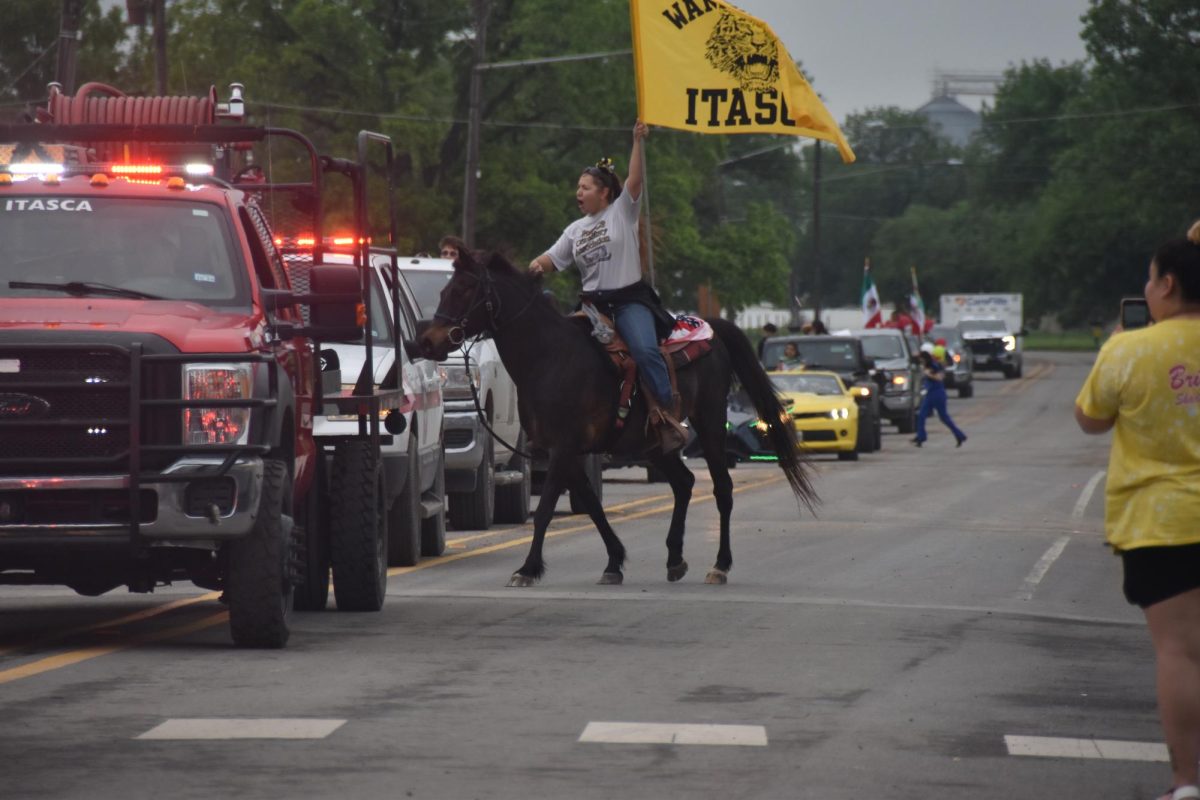Andrei Arsenyevich Tarkovsky, born April 4, 1932, was a prolific Russian filmmaker known for such films as Mirror and Stalker. His career may have only lasted 24 years, but the 7 films he made are widely regarded as some of the best.
Tarkovsky’s first feature film Ivan’s Childhood is a haunting portrayal of war’s impact on childhood innocence. Set during World War II, the film follows 12-year-old Ivan, who becomes a scout for the Soviet army after witnessing the death of his family. Tarkovsky’s atmospheric cinematography and dreamlike sequences immerse viewers in Ivan’s fractured reality, blurring the lines between dreams and memories. Through Ivan’s journey, the film explores themes of loss, resilience, and the enduring power of hope amidst the brutality of war. With its evocative imagery and emotional depth, Ivan’s Childhood remains a poignant meditation on the human cost of conflict.
Andrei Rublev, Tarkovsky’s second film, is an epic masterpiece that delves into the life of the titular 15th-century Russian iconographer. Through stunning black-and-white cinematography and meticulous attention to historical detail, Tarkovsky paints a vivid portrait of medieval Russia’s tumultuous social and political landscape. The film explores themes of artistic expression, spirituality, and the struggle for creative freedom in the face of oppression. With its meditative pacing and profound philosophical undertones, Andrei Rublev transcends its historical setting to offer a timeless reflection on the human condition and the enduring power of art to inspire and transform.
Tarkovsky’s third film Solaris is a mesmerizing exploration of human consciousness and the mysteries of the cosmos. Adapted from Stanisław Lem’s novel, the film follows psychologist Kris Kelvin as he journeys to a distant space station orbiting the enigmatic planet Solaris. Tarkovsky’s signature visual style, characterized by long takes and atmospheric imagery, creates an otherworldly atmosphere that mirrors the existential themes of the story. Through Kelvin’s encounters with strange phenomena and his introspective reflections, Solaris delves into questions of identity, memory, and the nature of reality, challenging viewers to ponder the boundaries of human understanding in the vastness of the universe.
Mirror is a poetic and introspective exploration of memory, identity, and the passage of time. Blurring the lines between autobiography and fiction, the film weaves together fragmented vignettes from the director’s own life, childhood memories, and historical events. Tarkovsky’s evocative imagery and nonlinear narrative create a dreamlike atmosphere, inviting viewers to immerse themselves in the protagonist’s internal landscape. Through its lyrical storytelling and haunting cinematography, Mirror reflects on the universal human experience, offering profound insights into the interconnectedness of past, present, and future, and the enduring power of memory to shape our understanding of reality.
Stalker, Tarkovsky’s most critically acclaimed film, is a mesmerizing journey into the depths of the human soul and the mysteries of existence. Set in a dystopian world, the film follows a guide known as the Stalker who leads two clients, the Writer and the Professor, through the enigmatic Zone, rumored to fulfill one’s innermost desires. Tarkovsky’s atmospheric visuals and philosophical dialogue create an atmosphere of existential uncertainty, blurring the lines between reality and metaphor. As the characters confront their deepest fears and desires, Stalker becomes a profound meditation on the nature of consciousness, faith, and the search for meaning in an uncertain world.
Nostalgia, directed by Andrei Tarkovsky, is a haunting exploration of longing, displacement, and spiritual redemption. Set in Italy, the film follows a Russian poet named Andrei who grapples with feelings of nostalgia for his homeland while navigating the unfamiliar landscapes of a foreign country. Tarkovsky’s signature visual style, characterized by long takes and symbolic imagery, imbues the film with a sense of meditative introspection. Through Andrei’s encounters with local inhabitants and his own personal struggles, Nostalgia delves into themes of cultural alienation and the search for inner peace in a world marked by transience and loss.
The Sacrifice, Tarkovsky’s final film, is a profound meditation on faith, existential crisis, and the human condition. In the face of impending nuclear war, Alexander, a former actor, makes a desperate vow to God, offering everything he holds dear in exchange for the salvation of humanity. Tarkovsky’s atmospheric cinematography and deliberate pacing create a sense of spiritual unease, while the film’s allegorical narrative invites contemplation on the nature of sacrifice and redemption. Through Alexander’s journey and the moral dilemmas faced by those around him, The Sacrifice offers a haunting exploration of the fragility of existence and the enduring power of hope.




